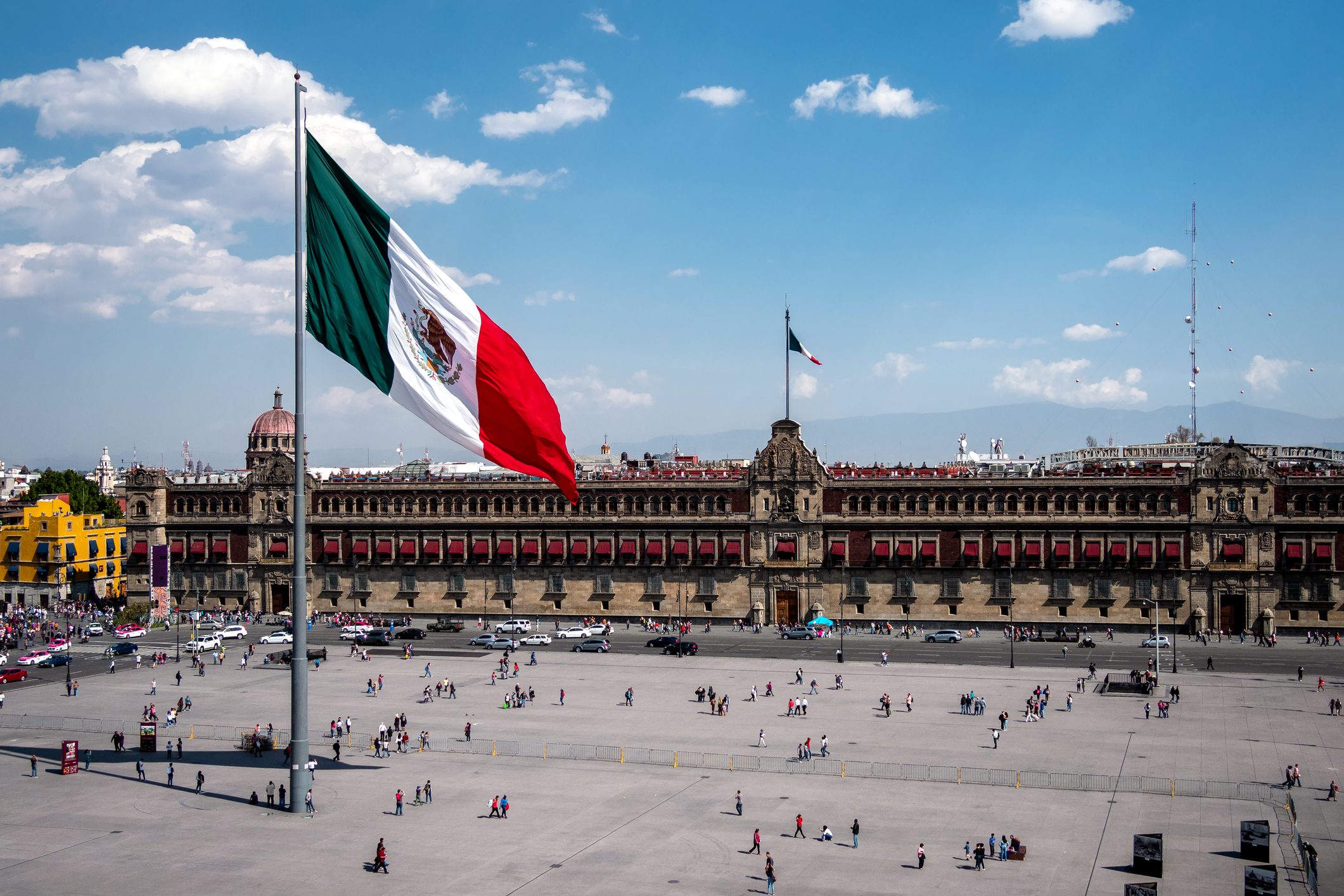Country note: Mexico

In Short
By Sofus Asboe, Senior Portfolio Manager at Global Evolution
Mexico’s June general election yielded a surprisingly large win for the Morena party. Its coalition is extremely close to securing a qualified majority in both chambers of Congress, likely enabling current President Obrador, known as AMLO, to pass constitutional reforms in September, his last month in office. AMLO’s protégé and successor, Claudia Sheinbaum, inherits an economy with significant geopolitical opportunities, particularly in the realm of nearshoring, but also one in very poor shape with fiscal accounts at a 30-year high, sluggish growth, and eroding governmental checks and balances. We have concerns about AMLO’s reforms further weakening government checks and balances and the ability - and willingness - of the new administration to adjust fiscal accounts
Politics & Constitutional Changes
During discussions with policy-makers, the main issue was the perceived likelihood of the Morena party-led coalition achieving a qualified majority and the potential for constitutional reforms in the final month of President Andrés Manuel López Obrador (AMLO). The party is proposing 18 constitutional reforms, the most critical affecting the judiciary and social spending related to minimum wage hikes and pensions. We think reforms - particularly the judicial ones - will pass in September, and the impact will be significant for Mexico’s structural integrity.
The final scope of reform remains uncertain. AMLO aims to replace judges at all levels—Supreme, federal, and local courts. If this measure is not diluted – which is unlikely as Sheinbaum apparently supports it - it will significantly reduce the country’s institutional checks and balances. The social reforms, directly sponsored by Sheinbaum, will add a recurrent and constitutional expenditure of around 0.15% to 0.2% of GDP. Locals are hopeful that Sheinbaum will be a more pragmatic version of AMLO,but she will need to balance the power of the radical movement within the Morena party as it pushes for higher social spending and limitations on private investment.
